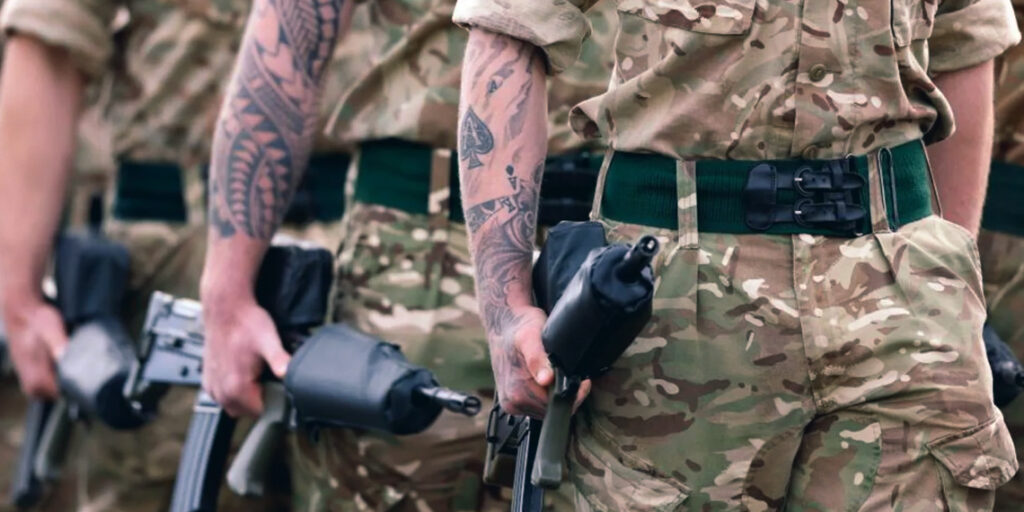A former UK national security adviser has cautioned that British troops deployed to Ukraine as part of a peacekeeping effort could remain there for “many years.”
Lord Sedwill emphasized the need for “strategic patience” to provide Kyiv with necessary security assurances in case of a peace deal. His warning comes amid growing discussions about the potential deployment of UK and French forces to uphold a ceasefire in Russia’s war against Ukraine.
UK, France Lead Push for Peacekeeping Coalition in Ukraine
Both the UK and France have expressed willingness to send troops to Ukraine as part of a “coalition of the willing,” which could include around 20 other countries. While not all members would contribute troops, some may provide other forms of support.
The initiative was discussed at a recent summit hosted by UK Prime Minister Sir Keir Starmer. Downing Street later confirmed that Australian Prime Minister Anthony Albanese had agreed to “consider contributing” to the coalition.
The exact details of the coalition’s composition and responsibilities remain unclear, but it is believed to include European and Commonwealth nations.
Challenges and Russian Resistance to Peacekeeping Troops
Lord Sedwill stressed that any peacekeeping mission would need long-term commitment, warning that if Russia believes it can simply “wait us out,” the deployment will not be effective. He suggested that such an operation could last for “many years.”
Meanwhile, Russian officials have strongly rejected the idea of NATO troops in Ukraine. Russian Foreign Minister Sergei Lavrov previously stated that such a move would mark “direct, official, and unveiled involvement of NATO members in the war against Russia.”
Russian MP and TV presenter Yevgeny Popov told BBC Newsnight that British troops in Ukraine would be “unacceptable,” warning that “British soldiers will be direct targets for our missiles.”
European Nations Boost Defense Spending Amid US Uncertainty
Concerns over US military support for Ukraine have intensified after President Donald Trump paused military aid, intelligence sharing, and satellite imagery access. The move is seen as an attempt to pressure Ukrainian President Volodymyr Zelensky into negotiations.
In response, European leaders have pledged to strengthen their own defenses. At a Brussels summit, EU leaders approved a historic €150 billion joint borrowing plan to enhance military capabilities.
Sir Keir welcomed the move, calling it “another sign of Europe stepping up.” He also confirmed that an upcoming summit in Paris would be “an important moment to drive forward planning.”
UK and France to Work on Ukraine Peace Plan Amid NATO Reset
The UK has pledged to collaborate with French President Emmanuel Macron and President Zelensky to develop a peace proposal to present to Trump.
Lord Sedwill described this as a “reset” moment for NATO, highlighting how European nations are stepping up to “share the burden” of security. He emphasized that NATO remains “in good health” following the recent additions of Finland and Sweden, which he called “two significant military powers.”
Rose Gottemoeller, former NATO Deputy Secretary General, praised Europe’s growing role in supporting Kyiv, stating that European nations are “taking responsibility for their own defense as well as Ukraine’s.”
However, former UK Defense Secretary Ben Wallace suggested that Europe should prepare for a future without US military backing, noting that Europe has “the will and the money” to secure its own defense.
Many Western leaders believe that lasting peace in Ukraine will require US involvement. Sir Keir recently stated that defense strategies should be developed “in conjunction with the United States,” stressing that transatlantic cooperation has “kept the peace for 80 years.”
So far, Trump has avoided committing to long-term support for Ukraine but has suggested that US economic involvement in Ukraine’s mineral sector could serve as a security guarantee.


